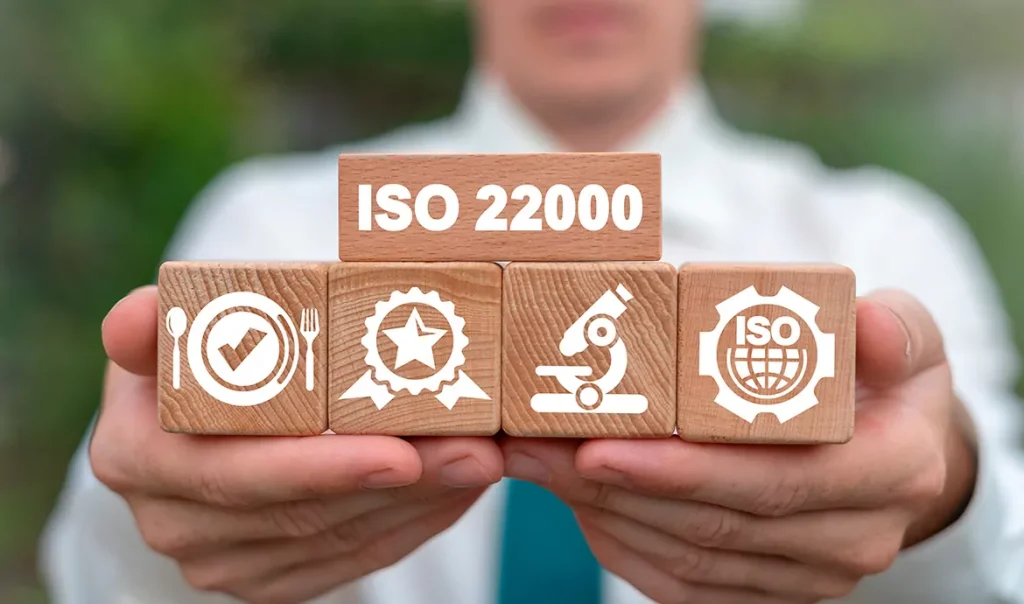Obtaining an SQF certification is a rigorous and comprehensive process that involves multiple steps to ensure food safety and quality in your business. This certification is recognized globally as a benchmark for food safety and quality management systems, making it a valuable asset for businesses in the food industry.
Step 1: Familiarize Yourself with the SQF Standards
The first step towards obtaining an SQF certification is to familiarize yourself with the SQF standards. These standards are developed by the Safe Quality Food Institute (SQFI) and are based on international food safety best practices. They outline specific requirements for food safety and quality management systems, such as HACCP principles, GMPs, sanitation practices, supplier verification, and traceability.
Step 2: Conduct a Gap Analysis
Once you have familiarized yourself with the SQF standards, it is important to conduct a gap analysis of your current processes against these standards. This will help you identify any areas where your business may not be meeting the requirements and give you an opportunity to make necessary improvements before undergoing the official certification audit.
Step 3: Develop an Implementation Plan
Based on the results of your gap analysis, develop an implementation plan that outlines how you will address any gaps identified. This may involve updating policies and procedures, providing employee training, implementing new equipment or technology, or making physical changes to your facility.
Step 4: Select a Certification Body
To obtain an official SQF certification, you will need to work with a certification body accredited by the SQFI. These bodies will conduct an audit of your facility and processes to determine if they meet the requirements for certification.
Step 5: Schedule a Certification Audit
Once you have selected a certification body, schedule a certification audit. The audit will be conducted by a qualified auditor who will review your documentation, observe your processes, and interview employees to ensure compliance with the SQF standards.
Step 6: Receive Certification Results
After the audit is completed, you will receive a report outlining any non-conformances or areas for improvement. If your business meets all requirements, you will be issued an SQF certificate that is valid for one year.
Step 7: Maintain Compliance and Renew Certification
To maintain your SQF certification, you must continue to comply with the standards and undergo yearly recertification audits. This involves staying up-to-date with any changes in the standards and continuously improving your food safety and quality management systems.
